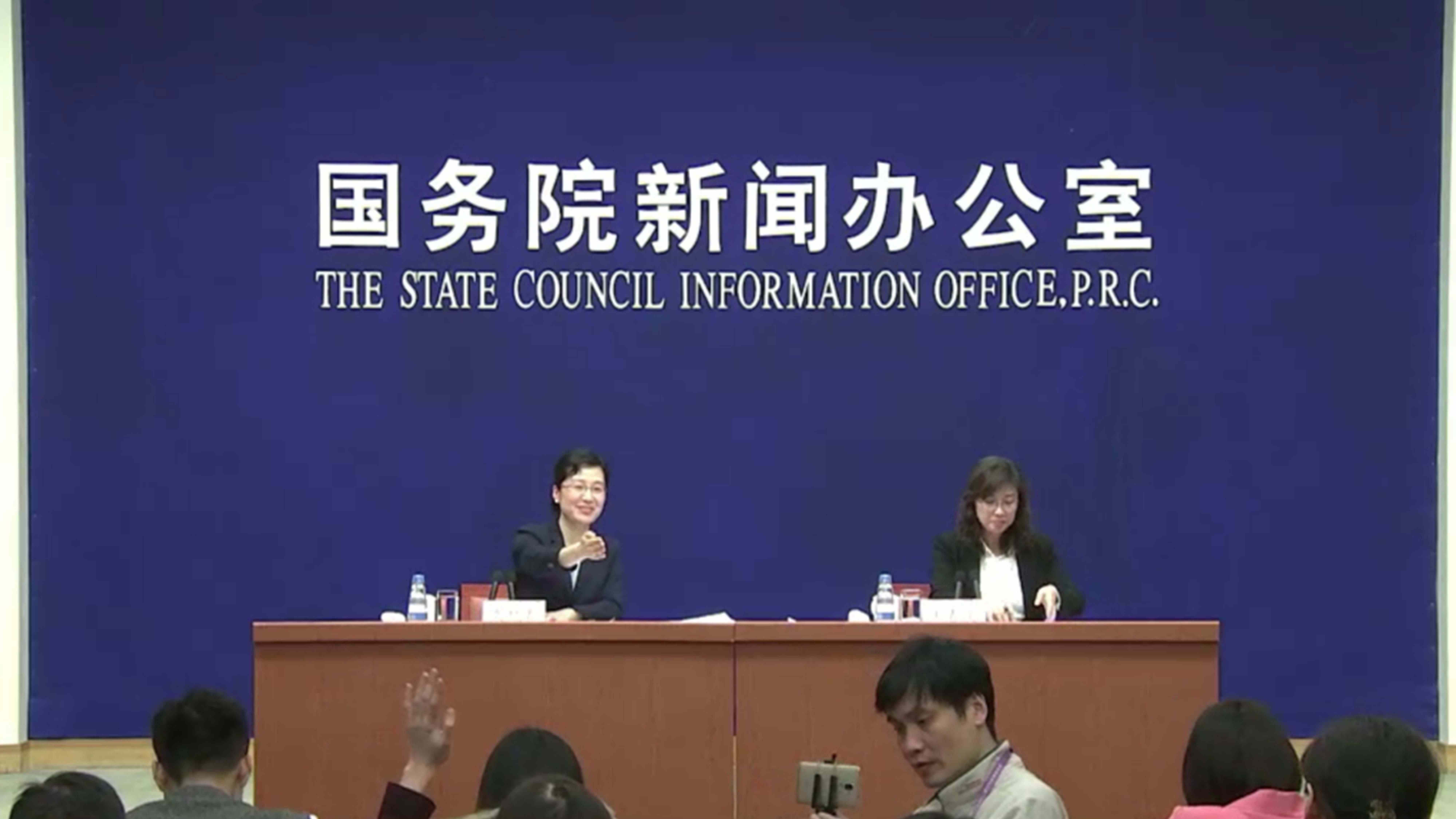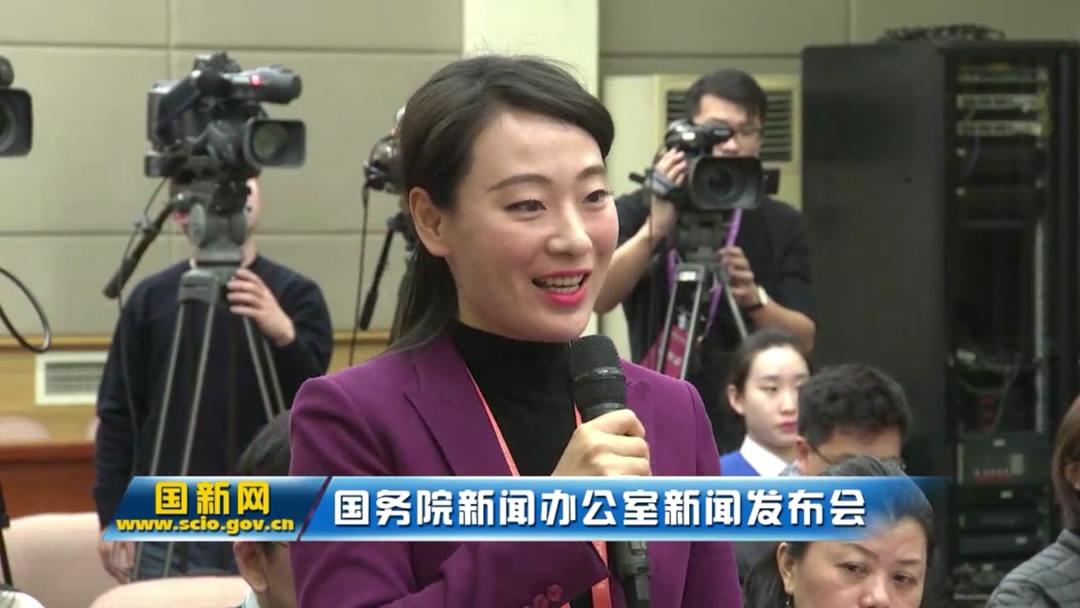
Business
22:00, 18-Jan-2018
China’s 2017 forex market sees balanced supply and demand
By CGTN's Su Yuting

China saw balanced cross-border capital flow and forex supply and demand in 2017, said China’s forex regulator on Thursday.
Total forex settlements reached over 1.6 trillion US dollars, and forex sales concluded at 1.7 trillion US dollars, said Wang Chunying, spokeswoman of the State Administration of Foreign Exchange (SAFE), during a press conference.
According to Wang, in 2017, the global economy showed a recovery trend, the international financial markets were running smoothly, and China's economy maintained its momentum of steady growth.
The deficit between banking settlements and payments, as well as between receipts and payments in foreign-related transactions, has shrunk. Besides, the supply and demand of China's forex market is more stable, Wang added.
China is encouraging companies to go global while making its foreign investment environment more law-based and internationalized.

CGTN reporter Su Yuting asking about China's outbound direct investment during the press conference /CGTN Photo
CGTN reporter Su Yuting asking about China's outbound direct investment during the press conference /CGTN Photo
Responding to CGTN’s question on outbound direct investment (ODI), Wang said ODI slowed down in 2017 but with an optimized structure.
"On the one hand, ODI of domestic enterprises has gradually returned to rationality, and has been conducted in an orderly and steady manner. On the other hand, the structure of ODI has been optimized. The new investment in the "Belt and Road" countries accounted for 12 percent of the total, 3.5 percent up from that in 2016,” Wang explained.
2018 marks the first year of the full implementation of the spirit of the 19th CPC National Congress, and also the 40th anniversary of China’s reform and opening-up. Emphasizing high-quality economic growth and advancing the supply-side structural reform, Wang said China will remain one of the investment destinations that are attractive to long-term capital.

SITEMAP
Copyright © 2018 CGTN. Beijing ICP prepared NO.16065310-3
Copyright © 2018 CGTN. Beijing ICP prepared NO.16065310-3